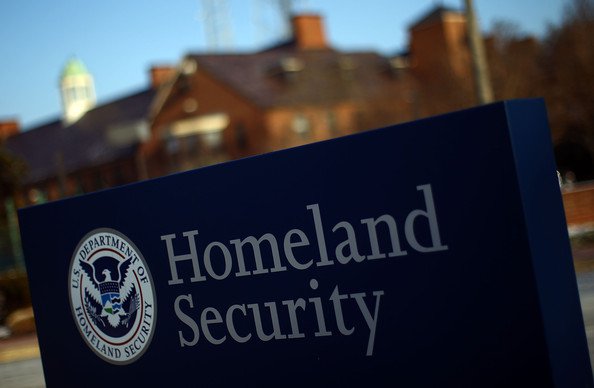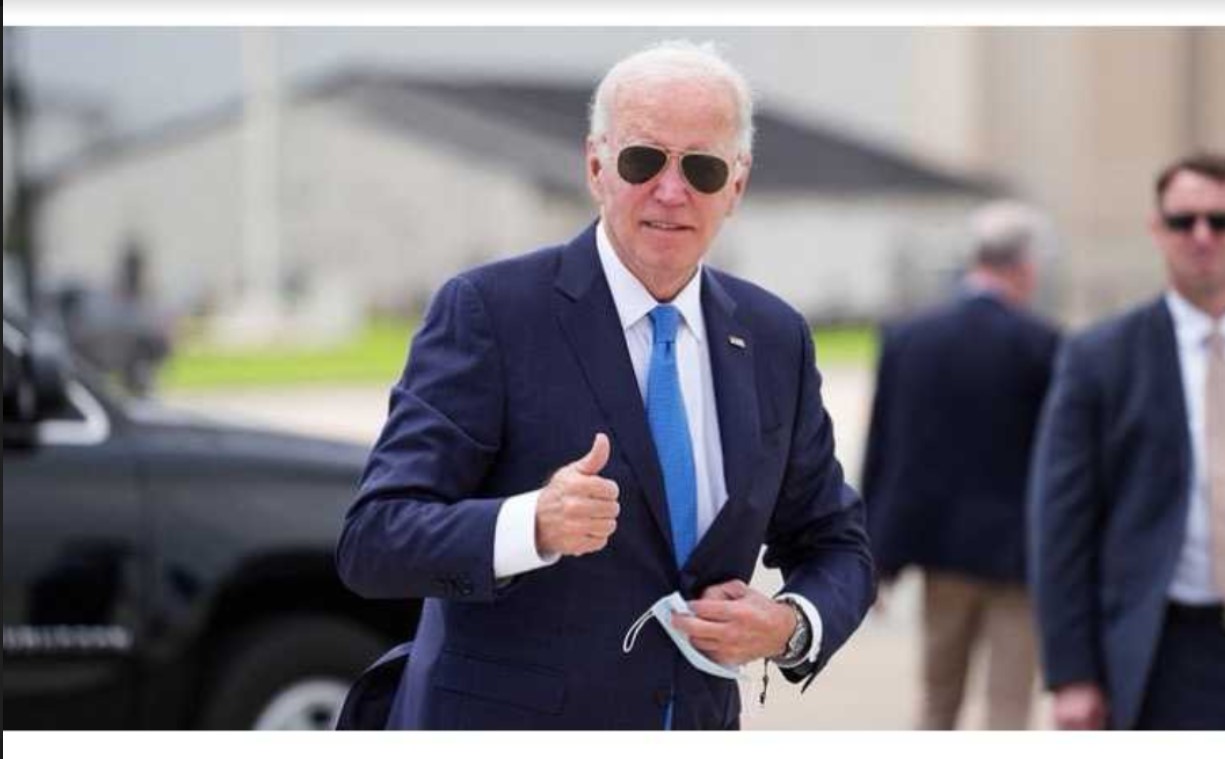
Former President Donald Trump has promised a series of new tax incentives that would boost the U.S. auto-manufacturing industry if re-elected in November.
In the gathering of about 500 business leaders at the Detroit Economic Club on Oct. 10, Trump proposed the expansion of research and development credits, increased equipment costs for small businesses and consumer tax deductions on car loan interest to appeal to Michigan voters.
The package of incentives also includes a 100 percent tax write-off for heavy equipment in the first year and full expensing for new manufacturing investments. He also proposed doubling the equipment deduction limit for small businesses from $500,000 to $1 million. Additionally, consumers could deduct car loan interest, similar to deductions on home loan interest.
"This will stimulate massive domestic auto production and make car ownership dramatically more affordable for millions and millions of working American families," he said, noting that many people in the audience work in the auto industry. (Related: Michigan auto workers blame Biden-Harris EV mandates for industry job cuts.)
Trump also reiterated his commitment to revisiting the U.S.-Mexico-Canada Agreement (USMCA) and promised to address perceived imbalances, particularly the growing trade deficits with Mexico and China upon taking office. The U.S. goods trade deficit with Mexico increased by 23.7 percent ($130.5 billion) in 2022, while the deficit with China rose by 8.3 percent ($382.3 billion) during the same period. The USMCA, signed into law in 2020, replaced the North American Free Trade Agreement (NAFTA).
The former president presented his proposals as a "detailed plan to save the American auto industry." In turn, he guaranteed voters that his policies would reverse job losses, claiming: "You vote for Trump, and you will see a mass exodus of manufacturing jobs, but from Mexico to Michigan, from Shanghai to Sterling Heights."
Trump also promises tax cuts to U.S.-based manufacturers and tariff hikes to foreign investors
On Oct. 3, Trump made similar claims about the U.S. auto-manufacturing industry, announcing his plans to encourage manufacturers to produce goods in the United States by lowering corporate tax rate from 21 percent to 15 percent for U.S.-based manufacturers and proposing a 100 percent tariff on imported automobiles. Trump also pledged to cut gasoline prices by 50 percent within one year of taking office by boosting domestic oil production and doubling electricity production, which he believes will further attract manufacturers.
Moreover, Trump pledged to enhance protections for industries essential to national interests, such as steel and automotive sectors by implementing higher tariffs, a measure that Harris has consistently criticized as a tax on the American public.
"I want tariffs, but there has to be reciprocity," Trump said, meaning an equal trade footing between the United States and other countries. "Without that tariff, every single one of the Detroit Big Three could right now be out of business."
When asked about Chinese automakers locating plants in Mexico in an attempt to sell electric vehicles in the U.S., Trump said: "I will impose whatever tariffs are required ... 100 percent, 200 percent, whatever is necessary."
Learn the latest news regarding President Donald Trump at Trump.news.
Watch as Trump says "there won't be an auto industry left" if Kamala wins.
This video is from the NewsClips channel on Brighteon.com.
More related stories:
Trump accuses Biden-Harris admin of committing ELECTION INTERFERENCE by depriving him of security.
Trump meets Zelensky, vows to negotiate peace deal "that's good for both sides."
Sources include:
Please contact us for more information.



















